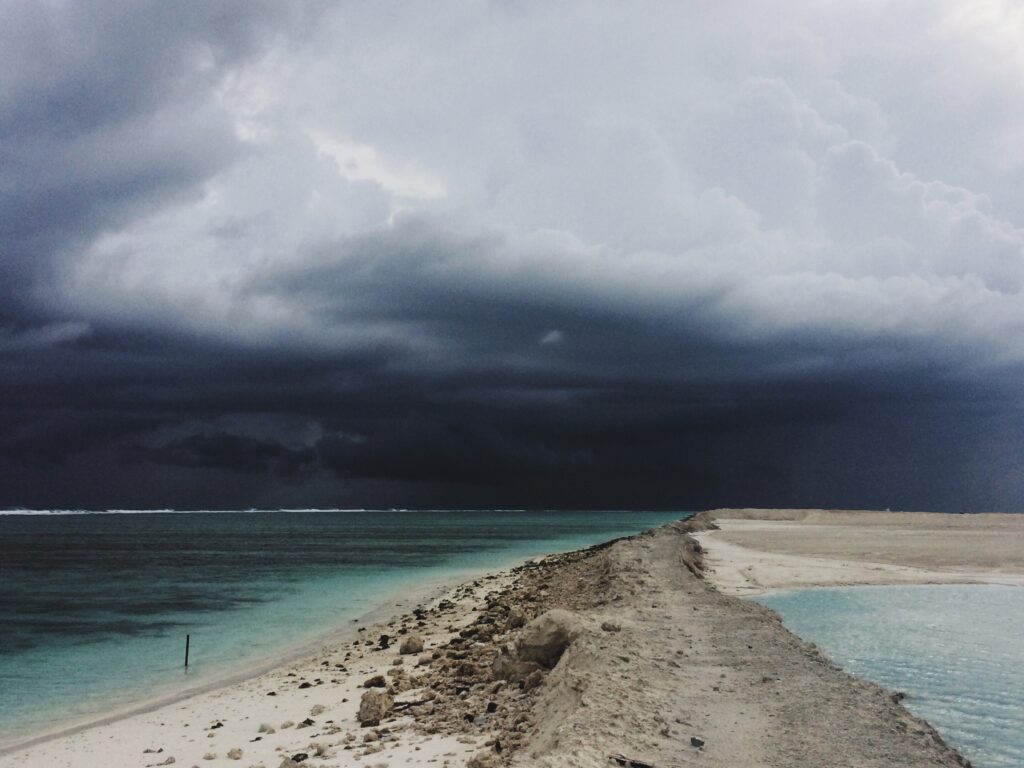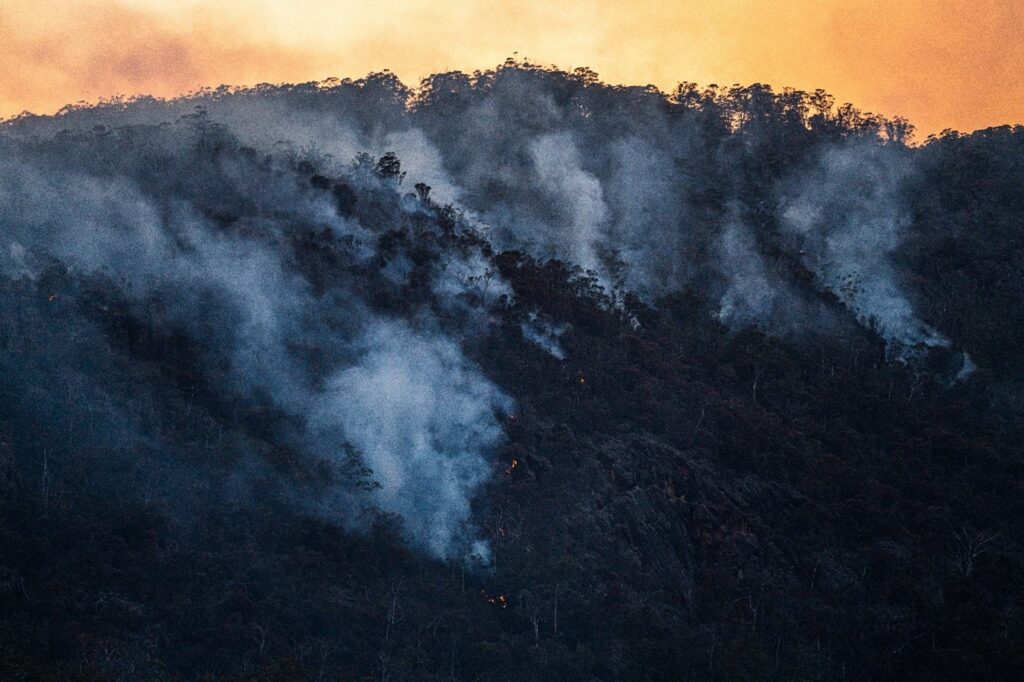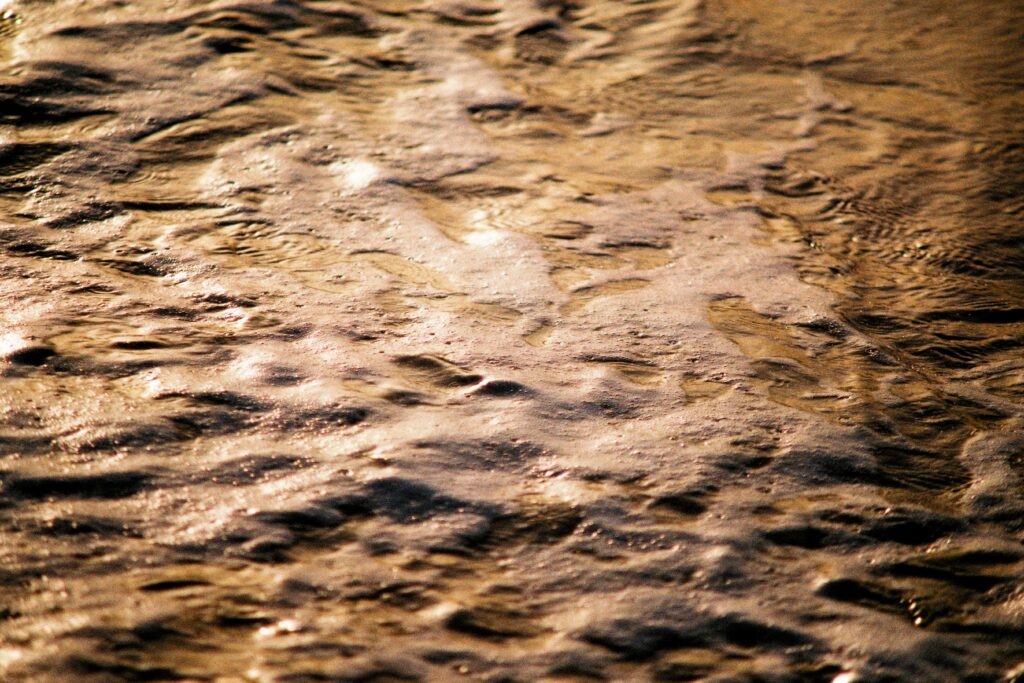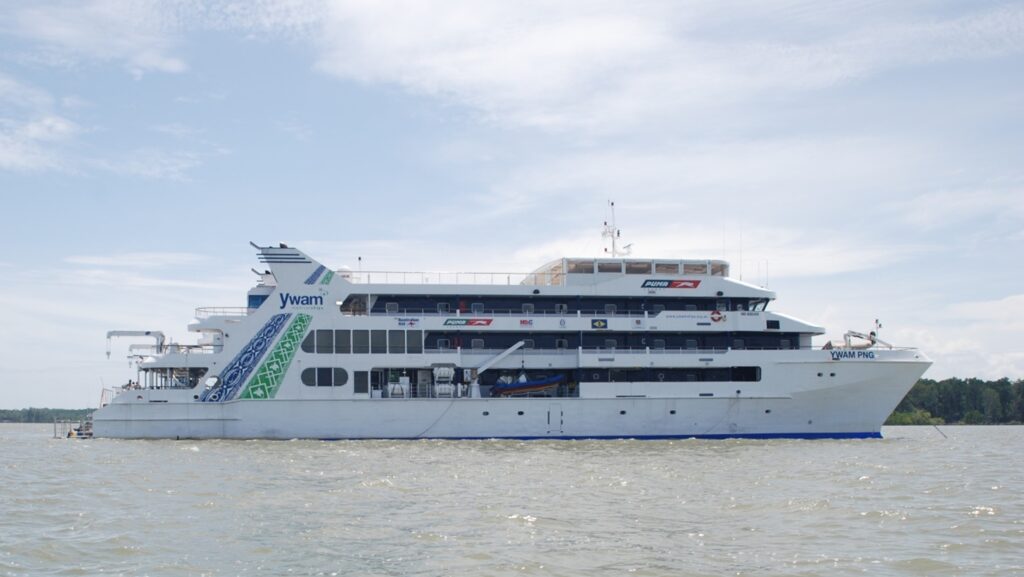Climate change has a greater effect on water supplies than any other community essential
Moerk Water have worked extensively in the last decade helping to secure the water supplies for remote communities. These communities traditionally rely on a mixture of rainwater harvesting, surface water and groundwater pumping. Over this period Moerk Water has seen the effect that climate change is having on these water supplies. This is unsurprising as water is the predominant medium through which communities will experience climate change.
As more energy is put into global weather systems we are seeing water supplies threatened through a variety of means:
Increased cyclonic activity and flood risk
Cyclonic activity, particularly across the Asia-Pacific region is increasing, both in the number of tropic cyclones and the severity of the storm surges caused by these weather events. The frequency of Super Typhoons is also increasing in the Northern Pacific.
These storms bring damaging winds and flooding which both destroys existing water infrastructure and inundates existing fresh water sources in coastal locations with seawater. Although water treatment assets can be protected by moving them inland, decentralised water treatment systems offer a small scale alternative where this is not an option.

Longer drought periods and higher risk of bushfires
Shifting rainfall patterns are causing rainwater harvesting systems to fail and for droughts to occur for extended periods of time. A lack of rainwater causes communities to rely on carting in drinking water.
As vegetation dries out during prolonged dry seasons, the risk of bushfires increase. The ash produced from bushfires contaminates surface water sources leading to additional problems for local water supplies. Filtration systems can remove this ash from drinking water and improve water quality.

Reduced groundwater resources and saline intrusion
With a reduction in rainfall due to the effects of climate change and populations increasingly reliant on groundwater, groundwater resources are being extracted at a rate higher than they are replenished.
Additionally, with rising sea levels, many fresh groundwater sources, such as fresh water lenses, are being inundated with salty water. This has led many countries to install desalination systems in a bid to secure their water supplies.

Remote community climate resilience
Remote communities can be made resilient to climate change through the installation of decentralised, locally maintained, sustainably powered water treatment units. To find out more about Moerk Water’s commitment to providing communities with sustainable, climate ready water treatment solutions head to our Projects page




